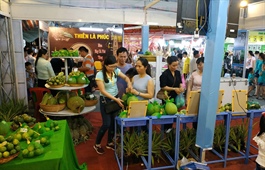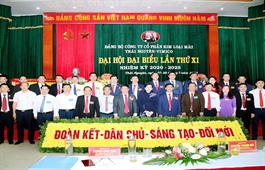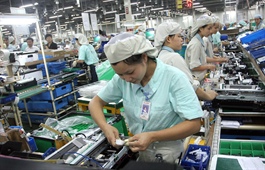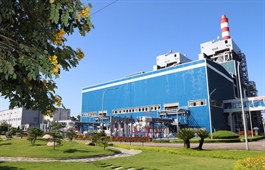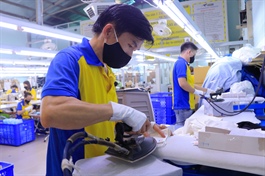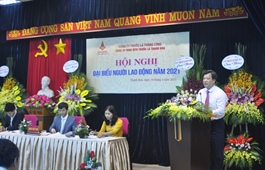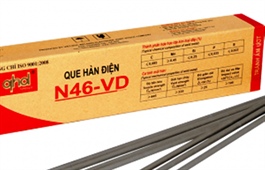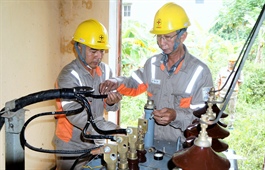Auto support industry must overcome bumps on road to sustainability
Auto support industry must overcome bumps on road to sustainability
Despite playing an important role in the development of the automobile industry, after 30 years of development, Vietnam’s automobile support industries still have many limitations.
Slower than its neighbors
Data provided by the Ministry of Planning and Investment show that Vietnam has only produced 256 components for cars under nine seats, 14 parts for cars above nine seats and 17 components for trucks. According to the Vietnamese Automobile Manufacturers Association (VAMA), an automobile has about 30,000 components and up to 80 percent of those are currently imported for assembly. The remaining 20 percent of the components are manufactured in Vietnam but they are simple products such as windshield tapes, energy consumption labels, registration and fuel stamps, fuel and water pipes, and more.
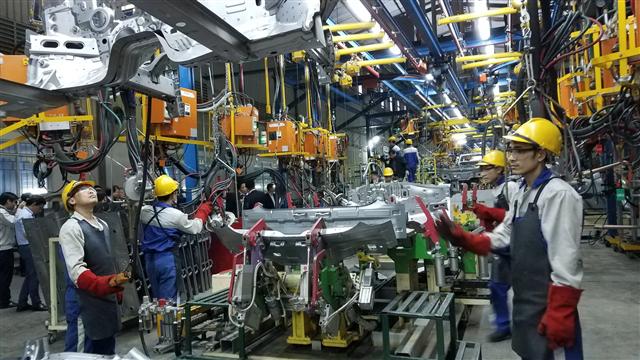
Vietnam needs to direct both domestic investment and FDI into auto support industries |
Currently, the production value of automobile support industries only accounts for about 2.7 percent of the total industry production value. Despite growth in recent years, businesses in this field have been developing slowly in both quantity and quality compared to many countries in the region. Vietnam now has less than 100 first-tier suppliers in the auto industry compared to 700 in Thailand, and only 150 second- and third-tier suppliers in Vietnam compared to 1,700 in Thailand.
This dependence of Vietnam's automobile assembly industry on foreign raw materials increases the cost of assembling cars in the country by 10 to 20 percent and the selling prices by about 20 percent. The disruption of the global supply chain during the Covid-19 pandemic also hampered assembly and production and local businesses could not supply the missing imported components.
Selective FDI attraction
With cheap labor no longer an advantage in attracting investment, transnational and multinational corporations are also more cautious in their investment, focusing on countries where they can make good use of well-developed support industries. With big auto manufacturers preferring Thailand or Indonesia, Vietnam needs to outline clear strategies to develop its support industries quickly and sustainably.
A proposal under current review calls for attracting FDI capital and enticing other domestic and foreign companies to invest in the automobile support industries given the reciprocal relationship between FDI and automobile support industries.
In order to develop supporting industry for automobile manufacturing, experts suggest that Vietnam needs to attract investment selectively. It also has to commit to implementing synchronous, consistent, stable and transparent policy in order to create a favorable business environment for the development of auto support industries and encourage important investors to partner with domestic suppliers. The selective attraction of a number of FDI firms as strategic partners in auto support industries is also regarded as an important solution for the development of Vietnam’s automobile support industries.







